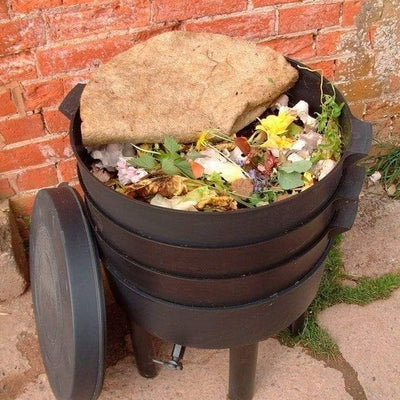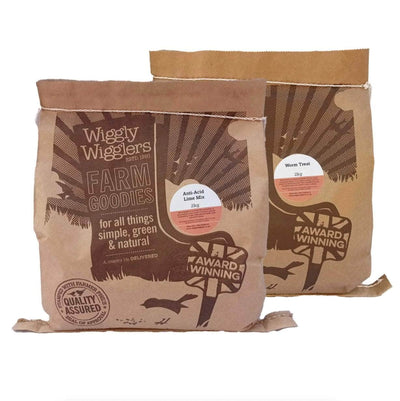Getting your kids involved in gardening can have numerous benefits for their physical, mental, and emotional development. Here are some of the key advantages:
-
Education and Learning: Gardening provides an excellent opportunity for kids to learn about various subjects. They can learn about botany, plant life cycles, ecosystems, nutrition, and the importance of environmental conservation. It promotes a hands-on and experiential approach to learning, which can enhance their understanding and retention of knowledge.
-
Responsibility and Discipline: Taking care of a garden requires commitment and responsibility. When children are involved in gardening, they learn the importance of consistent care, such as watering, weeding, and providing proper sunlight. This helps develop discipline, as they understand the consequences of neglecting their duties and the rewards of consistent effort.
-
Physical Activity: Gardening is an engaging physical activity that promotes movement and exercise. Digging, planting, watering, and harvesting all involve physical effort, contributing to the development of motor skills, coordination, and strength. Spending time outdoors in the fresh air and sunlight also supports overall health and well-being.
-
Connection with Nature: Gardening allows children to connect with the natural world and develop a sense of appreciation for the environment. They can witness the beauty of plant growth, observe insects and animals that visit the garden, and gain a deeper understanding of the interconnectedness of all living things. This connection with nature fosters empathy, respect, and environmental stewardship.
-
Healthy Eating Habits: When kids grow their own fruits, vegetables, and herbs, they are more likely to develop a preference for healthy foods. They become actively involved in the food production process, from seed to table, and gain an understanding of where their food comes from. This hands-on experience can positively influence their eating habits and increase their consumption of fresh, nutritious produce.
-
Creativity and Problem-Solving: Gardening stimulates creativity as children design their garden layouts, select plants, and experiment with different arrangements. They also face various challenges along the way, such as pest control, plant diseases, and weather conditions, which encourage problem-solving skills and critical thinking. It teaches them to adapt, find solutions, and learn from their mistakes.
-
Emotional Well-being: Gardening has therapeutic benefits and can contribute to children's emotional well-being. It provides a calming and peaceful environment, offering an escape from everyday stressors. Gardening promotes mindfulness and encourages patience, nurturing, and a sense of accomplishment when plants thrive and produce beautiful flowers or fruits. It can also serve as a means of self-expression and a creative outlet.
-
Family Bonding: Gardening can be a family activity that brings everyone together. Working side by side in the garden creates opportunities for quality time, communication, and cooperation. It allows children to learn from their parents or guardians, share experiences, and develop stronger relationships.
Here are our top 5 wiggly activities you can do with your kids:
- Birdwatching: we've put together this handy printable guide to the birds you might see in your garden. They can tick off what they spot and see what they like to eat :)

- Planting Garden Worms: if you're looking to rejuvenate your garden soil look no further than our garden worms - get your kids to help you dig the holes, count the worms as they go in and take a close look at these wiggly friends.
- Got a wormery or Composter? Now's the time to get your kids to take a look inside and see if they can spot the worms and other bugs crawling about. Get them to pop on some food or garden waste and then maybe in a few days get them to check again and see how it has changed.
- Hunt for minibeasts! Turn over some stones and logs in your garden and see what little beasts you can find. Try to count the legs if you can :)
- Grow some of our microgreens: these are easy to setup and use, can be done with very little space and they can see the plants growing in their very own windowsill.






